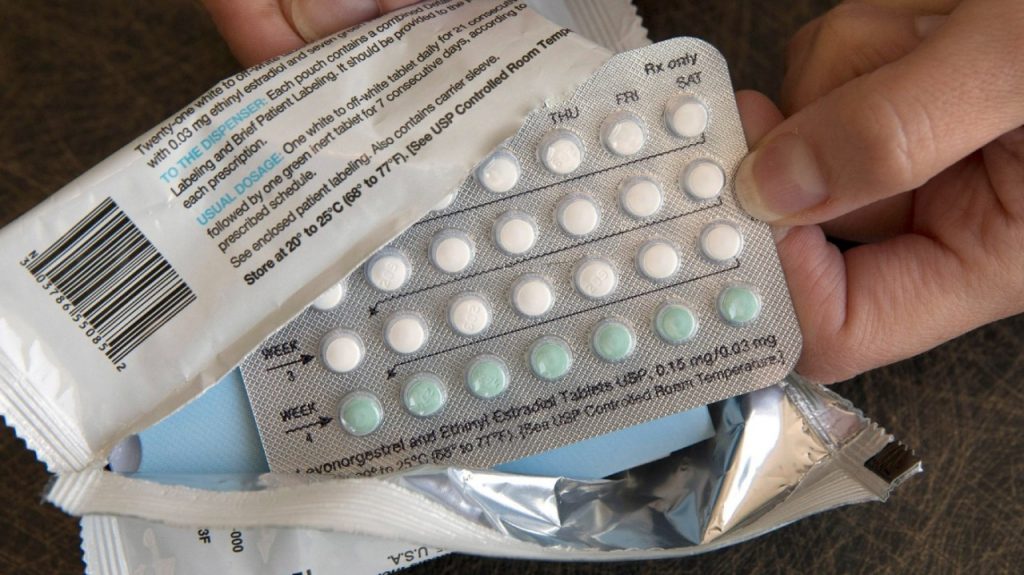
FDA receives application for first over-the-counter birth control pill
The Food and Drug Administration (FDA) on Monday received an application for the first over-the counter birth control pill.
The move came as the Supreme Court’s ruling overturning of Roe v. Wade is heightening attention on contraceptive access.
The application for a daily birth control pill available without a prescription comes from the drug company HRA Pharma. The FDA will likely take months to review the application but the application itself is an important milestone.
“This historic application marks a groundbreaking moment in contraceptive access and reproductive equity in the U.S.,” Frédérique Welgryn, Chief Strategic Operations and Innovation Officer at HRA Pharma said in a statement. “More than 60 years ago, prescription birth control pills in the U.S. empowered women to plan if and when they want to get pregnant. Moving a safe and effective prescription birth control pill to OTC will help even more women and people access contraception without facing unnecessary barriers.”
The company pointed to National Institutes of Health research showing that 29 percent of women who had tried to get a birth control prescription reported ever having a problem getting one.
Over-the-counter birth control access has been a long-running push. More than 50 House Democrats wrote to FDA Commissioner Robert Califf on the issue upon in confirmation in March.
“We urge FDA to review applications for over-the-counter birth control pills without delay and based solely on the data and defend against political interference during the review processes,” the lawmakers wrote. “The health and well-being of people capable of pregnancy across America is at stake.”
The American Medical Association has also called for over-the-counter birth control access.
“Providing patients with OTC access to the birth control pill is an easy call from a public health perspective as the health risks of pregnancy vastly outweigh those of oral contraceptive use,” David Aizuss, an AMA board member, said in a statement last month. “Access is one of the most cited reasons why patients do not use oral contraceptives, use them inconsistently, or discontinue use. Expanding OTC access would make it easier for patients to properly use oral contraceptives, leading to fewer unplanned pregnancies.”